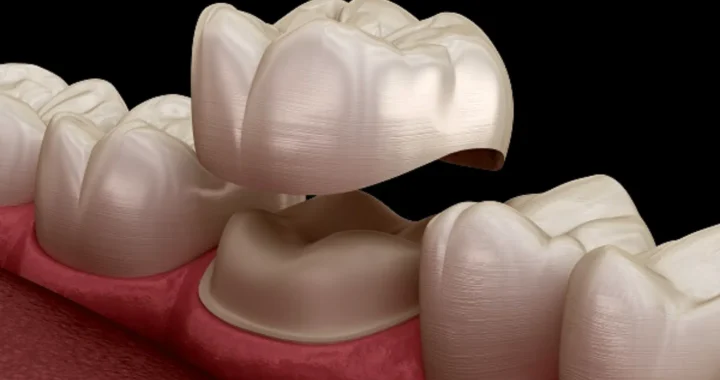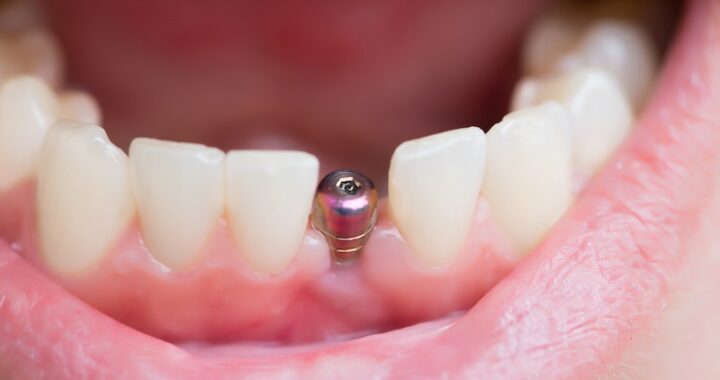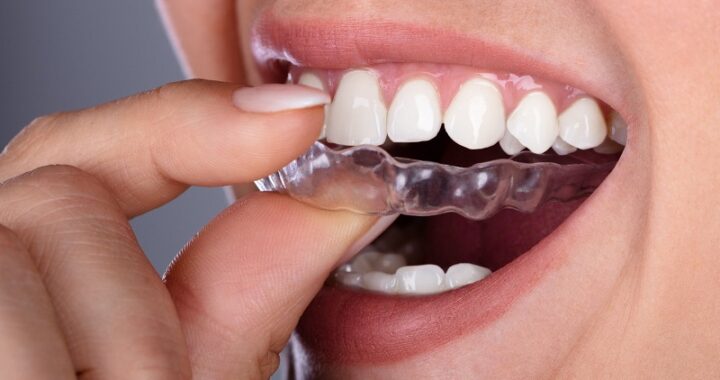A quick guide to skin glue
Skin glue is a useful way to close wounds, either by itself or with adhesive tape or stitches. It works by forming a waterproof seal that covers the wound to help prevent infection.
When should skin glue be used?
Skin glue is designed to close wounds that are small and shallow. The cut itself should also have edges that are straight enough to be pulled together, and not be any longer than 5cm.
In terms of location on the body, skin glue is most suited to wounds on:
- The patient’s head or face
- The patient’s torso
- Certain areas of the arms and legs, for example across the shin.
However, skin glue should not be used where the wound is over a joint. This could be the groin, hands, ankles, elbows or knees for example.
Wound care where skin glue has been used
Make sure your patient understands the importance of keeping the wound clean. You should also advise them how to do this effectively, and what signs to look out for regarding infection.
Although skin glue is waterproof, patients will still need to be gentle when washing the area before patting it dry. They should also avoid excessive rubbing, for example from tight clothes.
For the first 5 days the wound must not be washed at all and must be kept dry. Touching the area should also be discouraged. If the wound is on the head patients should wear a shower cap, but after 5 days have passed the hair can be washed.
Further advice to patients
They key objective here is to let the wound heal as quickly as possible without infection setting in. This means no plasters or dressings should be stuck on the skin glue, and patients must also avoid picking at it. The area doesn’t require any creams or lotions either, and patients should avoid brushing their hair for at least 5 days if the wound is on the scalp.
Signs of infection
Healthcare practitioners must also inform patients of the danger of infection and/or further damage to the skin. If a patient seeks advice on any of the following, urgent treatment may be required:
- Redness, severe itching or swelling
- A mucus discharge, particularly if it’s foul smelling
- A wound that has split open and is bleeding
- Symptoms of a fever
- Severe headaches and shivering
Would you like to boost your knowledge around wound care?
Designed specifically for nurses, junior doctors and other front line allied health professionals, PDUK is pleased to offer our RCN Accredited Minor Injury Essentials course. Worth 21 hours of CPD over 3 days, the course is held remotely which makes it perfect for studying flexibly at home.
Based on our extremely popular Minor Injury Essentials face to face workshop, this programme covers many of the same skills but allows you to learn them in a virtual classroom. Once participants have completed the course, they’ll have a solid foundation in wound care and management. It’s a great way to network and gain confidence too.
As this course appeals to so many healthcare disciplines, spaces are always limited. With this in mind, we recommend getting booked up as soon as possible to avoid disappointment.


 Dental Crowns –Restoring Strength, Function, And Aesthetics.
Dental Crowns –Restoring Strength, Function, And Aesthetics.  One-Person Wonder: Making Waves in the Massage Industry in Gunma
One-Person Wonder: Making Waves in the Massage Industry in Gunma  How Cataract Surgery in Nashville Improves Vision and Quality of Life
How Cataract Surgery in Nashville Improves Vision and Quality of Life  Maintaining Oral Health: The Role of Dentists in Richmond
Maintaining Oral Health: The Role of Dentists in Richmond  How to Choose the Best Implant Dentist in Sheffield: A Guide
How to Choose the Best Implant Dentist in Sheffield: A Guide  How Invisalign is Revolutionising Orthodontics in London
How Invisalign is Revolutionising Orthodontics in London  Veneers: A Popular Cosmetic Solution for a Beautiful Smile in London
Veneers: A Popular Cosmetic Solution for a Beautiful Smile in London